Small Steps to Achieve Better Athletic Performance After A Pandemic
The COVID-19 pandemic has brought on significant challenges to our community and to us as individuals throughout the past two years. The world has become adapted to a “new normal”. Unfortunately, the new normal has adverse performance effects for athletes, including improper training regimens, isolation from crucial support groups, competition delays, and a temporary shutdown of health and fitness centres. As athletes start normalizing their training again, they must strike a balance of training their physical body and mental well-being. We review how an athlete can reestablish their mental well-being and habits to implement for both training and recovery, which lead to better performance.
From a public health perspective, well-being is a meeting of physical and mental health approaches that in turn help with disease prevention. The pandemic took a toll on individuals' mental health. Many athletes who were previously training consistently and focused on their performance felt an overwhelming increase of sedentary or low energy behaviours. Common low energy behaviours include feeling lethargic, significant increases in time focusing on a screen, and feeling disassociated from the desire to train. Any individuals or athletes who felt this way are not alone.
Our habits and actions help our brain cope with depression, stress and anxiety. Small positive steps allow us to feel better about ourselves and give us a feeling that we are building both positive momentum and getting greater performance results. Health and wellness steps are a great implementation to ensure positive habits. Habits that have helped us are:
Setting smaller, more attainable goals that help you towards a greater goal. For example, losing 10 pounds in one month might seem like a daunting goal, but if you break your goal into 2.5 pounds a week, that is achievable through regular exercise and diet.
Practice mindfulness through activities like a walk outdoors or yoga. With more people working from home, the lines between home life and work-life often blur. Some days feel like our work computer or our work email are attached at our hip. Having the ability to unplug and enjoy an activity such as a walk outside or yoga will help de-clutter our busy minds and allow us to become more present in the moment. If your brain has time to relax and de-stress, you achieve rest and perform better the next day.
Many people, athletes included, realized the importance of connecting with others. Staying connected to friends, family, and coaches lower our stress levels by having someone to talk to. The Move RX team strongly believes in having a strong community feel; please come meet some friendly faces and have some fun at our events here.
Treat yourself to relaxation techniques, which can include yoga or massage therapy. We might be biased, but we think that Takhir and Heather of the Move RX team do a phenomenal job of massage therapy in Kelowna.
Often our athletes let us know that the pandemic affected how they train and how their body recovers. Having a consistent schedule lead to your body performing more effectively.
Regular and consistent training regimens allow your body to be more effective in knowing how much energy your body will need to use or converse throughout the day.
Proper nutrition –Your diet should consist of eating more whole foods with a healthy balance of carbohydrates (fruit, whole-grain bread, brown rice), protein (eggs, yogurt, chicken or beef, tofu) and healthy fats (avocado, peanut butter, nuts and seeds). Meal prepping once or twice a week allows you to save cooking time throughout the week. One of the most often missed portions of proper nutrition is ensuring that your body is properly hydrated. See our article here on the subject. You can also find a calculator which calculates how much water you should be drinking daily here.
Sleeping routine – Allowing your body to rest and recover is just as important as training. Proper sleep leads to better decision making, hand-eye coordination, reaction time, muscle recovery. Improper sleep can lead to a negative impact on strength and power. It is recommended that athletes get 7 to 8 hours of sleep to keep their bodies feeling strong. We recommend it helps to have both a set bedtime and a set time to wake up.
Implementing the small details within your day creates habits and routines that will have numerous benefits in the future of your performance. Once determined and consistent on adding little activities throughout your day, it enhances your mental state and provides “good feelings” which is the release of a hormone called serotonin. Health and wellness can be goals that start small and end big. Taking action each day enhances cognitive performance, the release of stress and anxiety and overall benefitting yourself when you’re limited to options.
